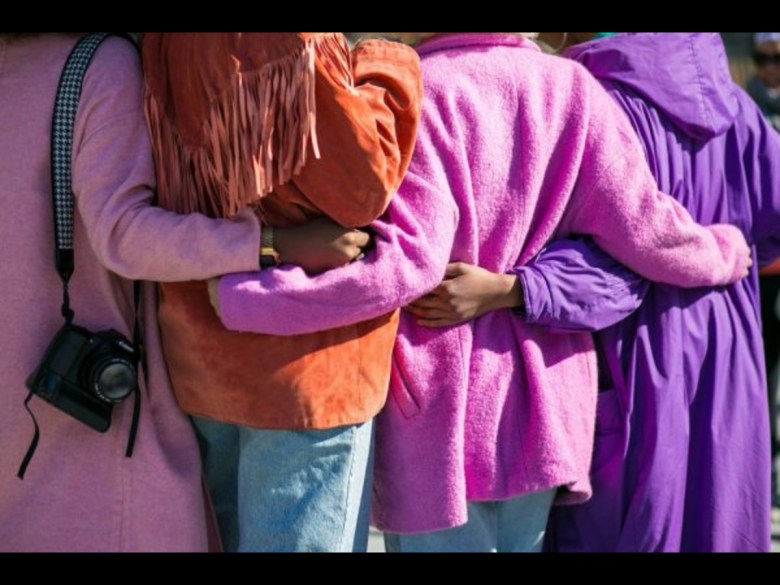Women and gender diverse people with disabilities are willing and ready to lead – they just need workplaces to step up and provide opportunities for them to do so.
That’s the message out of the Leading Change webinar, held on March 8 to mark International Women’s Day and hosted by People with Disability Australia. Keynote speakers Dr Sheelagh Daniels-Mayes, lecturer in Indigenous Studies and Deputy Associate Dean, Diversity and Inclusion, Disability at the University of Melbourne, and Akii Ngo, a disability, inclusion and gender equity activist and co-design specialist, shared their personal experiences of stepping into leadership as people with disabilities themselves, and how to break down the barriers that can hold back women and gender diverse people with disabilities.
Sheelagh, a Gomeroi woman who is vision impaired, spoke about how her culture shaped her perspective of disability; she said Aboriginal languages often don’t have a word for disability, and that in her culture, leadership is about paving the way for future generations.
She encouraged other women and gender diverse people with disabilities to consider which issues they wish to spend their time, energy and knowledge on. She said this is vital for the co-design process, adding that if diverse people are not in leadership, their voices will not be heard and their lived experience will not be included. This lived experience can create better experiences for those who come afterwards.
Akii, who has lived experience of chronic illness and disability, then encouraged those listening to the webinar to value their worth and spoke about the extra financial challenges that people with disabilities, chronic and mental illnesses face. They also discussed the intersection of chronic illness, disability, gender and race.
Highlighting the importance of inclusion in the workplace, they said accessibility levels the playing field and allows people with disabilities to contribute meaningfully to society.
Akii told the audience to hold their ground and let their employers know that they are able to contribute, as long as their needs are met. They called for businesses to be proactive on accessibility, not reactive.
The webinar concluded with a panel discussion, with Sheelagh and Akii joined by STEM leader Dr Haidi Badawi and Westpac’s Ruth Bonser for a wide-ranging discussion on building community, developing self-confidence and what leadership means to them.
Also at the event, host Marayke Jonkers, President of People with Disability Australia, announced a major step forward for its Advancing Women project: Big 4 bank Westpac has signed on as pilot partner.
The project, which was launched 12 months ago, aims to help elevate women with disability into leadership and create workplaces where employing, retaining and developing women with disabilities is ‘business as usual’.
Marayke said over that time the organisation had “spoken with hundreds of women and gender diverse people with disability” who had shared the barriers they face in work and leadership.
“We are ready and willing to lead – but we need organisations to step up and make some changes to create a safe working environment for us,” she said.
She commended Westpac for taking the lead and showing other businesses how important these changes are for inclusive and accessible workplaces to be the norm for women with disability right across the country.

